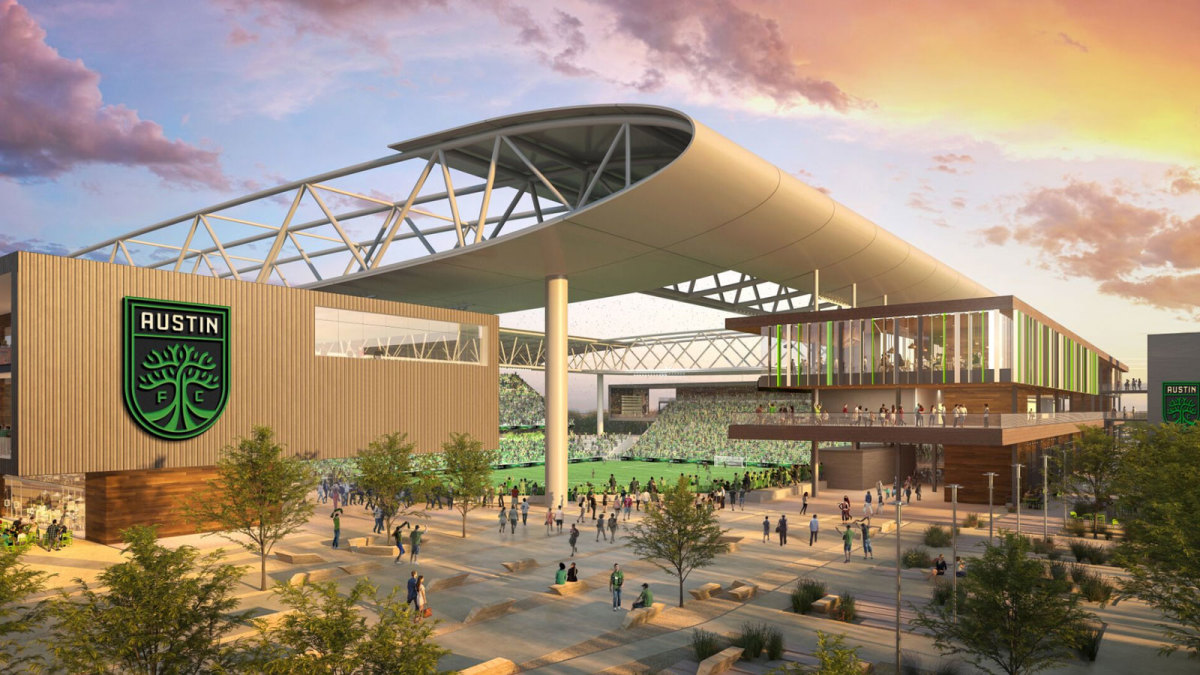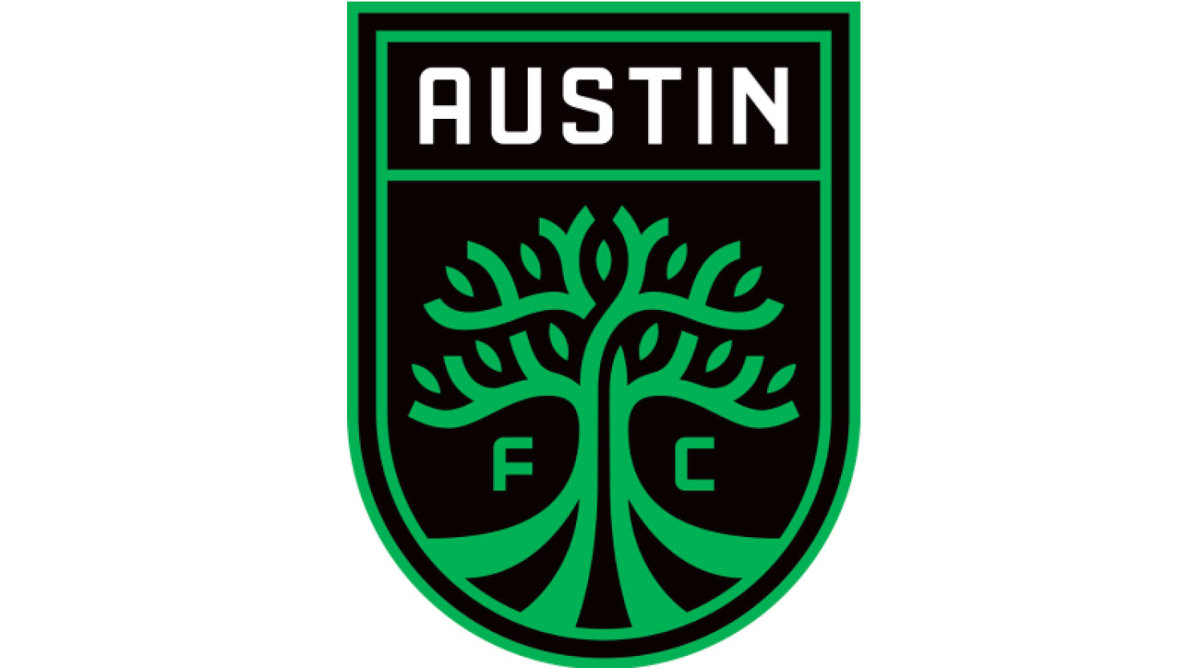Ball Fully in Precourt's Court to Make Austin's MLS Venture a Success

Anthony Precourt wanted to be in Austin. Now it's time for the MLS owner to back up his talk and wishes with a first-class product.
With the loose ends in Columbus tied up, the runway became clear for Austin FC to officially be granted its own MLS franchise, and that's what happened during an event Tuesday in the Texas capital. Precourt appeared with MLS commissioner Don Garber and Austin mayor Steve Adler as the city was awarded MLS's 27th club, which will be joining the league in 2021 following the 2019 addition of Cincinnati and 2020 expansion to Nashville and Miami.
The solution that involved saving the Crew for Columbus and allowing Precourt to fulfill his Austin dream via this route and not by relocating an MLS original is certainly a best-case scenario for the league (and those in central Ohio). Precourt has gone as far as calling it "elegant." It surely won't be welcomed as such by the cities who had to go through the exhaustive MLS expansion process for slots 24-28 only to effectively be skipped in line by Austin, though. That's not to say that the league didn't spend an immense amount of time determining whether the city was worthy of a spot when relocation, not expansion, was going to be the means of landing there. Yet it's a hard pill to swallow for those still hoping to get in during this round of growth, even though all signs point to the league going beyond 28 teams at some point.
The development has also not been universally welcomed in Austin, where a vocal group of opponents are attempting to prevent the building of the new $225 million, 20,000-seat stadium at McKalla Place. Some 29,000–more than a sellout crowd's worth–of area residents have signed a petition opposing the stadium deal secured by Precourt Sports Ventures, claiming the lease terms place "a huge burden on Austin taxpayers just so a California billionaire can turn a profit on his professional sports team." Whether that's a fair assessment or not, it's clear there are concerns that still need to be addressed locally and any missteps going forward will be quickly pointed out.

Aside from any formal detractors in Austin, Precourt has his work cut out for him when it comes to a series of metrics he's quite familiar with citing. Like in Columbus, where Ohio State football has always been the top attraction in town, University of Texas football is hard to displace as the chief sports entity. Austin may be a young and vibrant place and one of the fastest growing cities in the country, but it's not a major media market right now. In fact, it sits six spots behind Columbus and is the 40th-largest media market in the USA, according to the most recent Nielsen rankings–which puts it behind all of the already-established MLS expansion contenders. For all of the finger pointing at the business metrics in Columbus, Precourt & Co. will have plenty to overcome in order for MLS to be a hit in Austin along the lines of that same measure of success.
Austin doesn't have the built-in, proven fan support like the one that his risen in Cincinnati over the last few years. It doesn't have the billionaire backing with the uninterrupted momentum rolling from the start of the project like LAFC and Nashville. It doesn't have the combination of both of those attributes that made Atlanta such a smash success from the club's opening kick.

But with the blank slate comes opportunity for Precourt and a chance to support his ambition by doing things unencumbered by any supposed Columbus excuses or albatrosses. Having the chance to become Austin's first "major league" sports franchise is a big deal (even if it comes two years after USL's Austin Bold FC begins play in the second-tier Championship). Put a winner on the field in a beautiful new stadium with a team connected to its community, and Austin should succeed in growing from its roots, just as the club's crest illustrates. Fail to do so or to show the dedication required to make it happen after all the steamrolling and effort put into landing there, and it will flop spectacularly in an increasingly more competitive and ambitious MLS landscape driven by the league's newest clubs.
It won't be easy, but there are no more scapegoats and no more limitations. This project, like the saga and groundwork leading up to its creation, is all on Precourt and his team.
